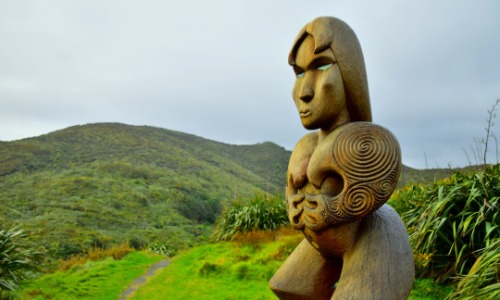The Maori gradually realized that they were losing their land and demanded that the British government regulate and control the settlers. However, this gave the British an opportunity to take advantage. To address the situation, the British government sent Captain William Hobson to New Zealand.
In 1840, Captain William Hobson and Maori chiefs signed the Treaty of Waitangi. This treaty guaranteed British protection of all Maori rights, including property rights, in exchange for the Maori accepting Queen Victoria as their ruler.
However, the treaty granted the right to govern New Zealand to the British, and Captain Hobson became the first Governor-General of New Zealand. Shortly after the treaty was signed, Hobson declared New Zealand a British colony.
However, the treaty was translated by Henry Williams, and the English and Maori versions differ in meaning. In the Maori version, the Maori were to retain their chieftainship, the governor was to return to England, and the British government was not to have complete control. However, the English version does not mention these provisions.
